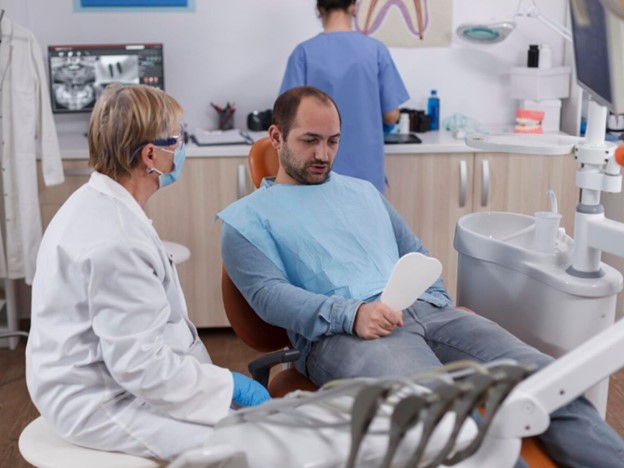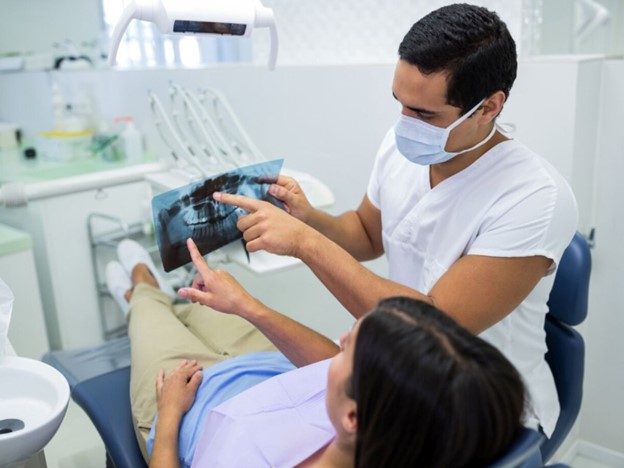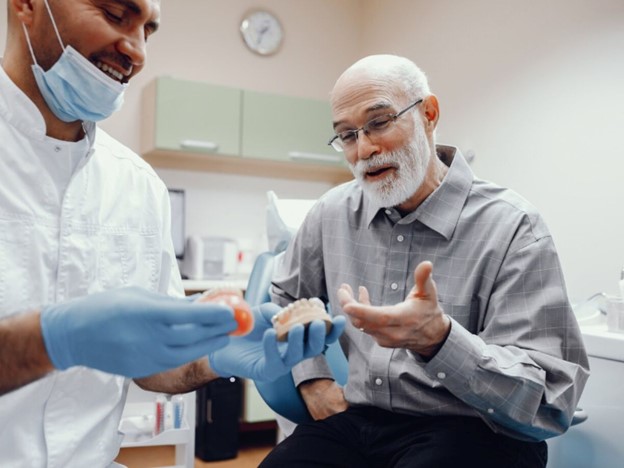Advantages and disadvantages of owning a rural dental practice
When aspiring dentists think about owning their practice, most envision a bustling clinic in a busy urban setting. However, rural dental practices offer a path to success that is often overlooked. Owning a practice in a smaller, rural community brings with it a range of benefits that go beyond financial gains-benefits that touch on lifestyle, professional growth, and the sense of community that urban settings might lack. Here's a look at why ownership of rural dental practice could be a rewarding and strategic decision for many dentists.
Community Engagement and Lifestyle Perks
One of the most striking differences between rural and urban practice ownership is the sense of community. In rural areas, there's often a strong bond between residents, which can make integrating into both personal and professional networks easier and more fulfilling. Neighbors often include fellow professionals, business owners, and educators, and these relationships can quickly evolve into supportive, long-term connections.
In addition, rural life comes with the benefit of a slower pace. Shorter commutes and less daily congestion mean more time to spend with family and to pursue personal interests. Unlike urban settings where weekend and evening hours are often required to keep up with patient demand, rural dentists typically enjoy more control over their work schedules, balancing their personal and professional lives with greater ease.
Rural communities also provide access to cultural and recreational activities. From local sports teams to arts and theater, there's often plenty to engage in, contradicting the idea that living outside the city means missing out on leisure activities.
Lower Costs and Higher Financial Returns

Financially, purchasing a dental practice in a rural community offers significant advantages. The price of rural practices is generally much lower than that of urban practices. This lower investment means dentists can enter ownership with less debt and start generating profit sooner.
Additionally, overhead costs in rural areas tend to be far more manageable. Whether it's rent, utilities, or other operating expenses, rural practices typically benefit from lower costs. Some practices are even located in community-owned buildings, reducing rent further, or they are housed in properties owned by the seller, creating an opportunity for purchasing real estate at a favorable price.
The lower cost of entry, combined with reduced ongoing expenses, results in stronger cash flow. This provides dentists with the flexibility to invest in their future, whether through business growth or retirement planning, without the financial strain typically associated with urban practices.
Strong Patient Loyalty and Professional Development
Another advantage of practicing in a rural area is the loyalty of the patient base. In many small communities, dentists are the primary or only provider, meaning that patients are more likely to stay committed to the practice over the long term. This sense of loyalty reduces the effort needed to attract new patients, as many patients travel significant distances for consistent care.
The range of procedures performed in a rural practice is often broader than in urban practices. Dentists in rural areas frequently perform more comprehensive care for their patients, as they may not have immediate access to specialists. This creates opportunities for dentists to expand their skills and experience by handling a wider variety of cases. For young dentists especially, this can accelerate professional development and confidence in providing diverse treatment options.
Making a Lasting Impact Through Community Service

Practicing in a rural setting also opens up opportunities for community service. In many rural areas, there is a strong demand for healthcare, particularly in underserved segments like personal care homes and senior facilities. Dentists who are willing to serve these communities often find a deep sense of purpose in providing care where it's needed most. This kind of contribution can not only fulfill personal goals of giving back but also enhance the dentist's standing and relationships within the community.
Weighing the Trade-Offs: Urban Life vs. Rural Ownership
While some dentists might be drawn to the excitement and amenities of urban living, it's important to consider the trade-offs. Many urban dentists work multiple associate positions, often juggling long commutes and packed schedules without building equity in their practice. In contrast, rural ownership offers the chance to grow a business, gain equity, and enjoy financial independence much sooner.
For those who aren't ready to fully commit to rural life, a middle ground could be operating a rural practice for a set period-say 5 to 7 years-before deciding whether to transition back to an urban environment. This option allows dentists to build financial security and gain valuable experience as practice owners, all while enjoying the benefits of rural living.
Finding Fulfillment Beyond the City Limits
Ultimately, owning a rural dental practice is about more than just financial success. It offers a lifestyle that prioritizes personal connections, professional freedom, and a fulfilling balance between work and life. While city life may have its appeal, the rewards of rural practice ownership-both personally and professionally-are substantial. For those looking to build a career while enjoying a slower, more connected way of living, rural dentistry could be the ideal solution.
Alan RustomLet Meridian Sales & Appraisals assist you on your journey...
Ready to sell your dental practice, or ready to acquire a new one? Our team of experts would be happy to help. Call or e-mail us today!

